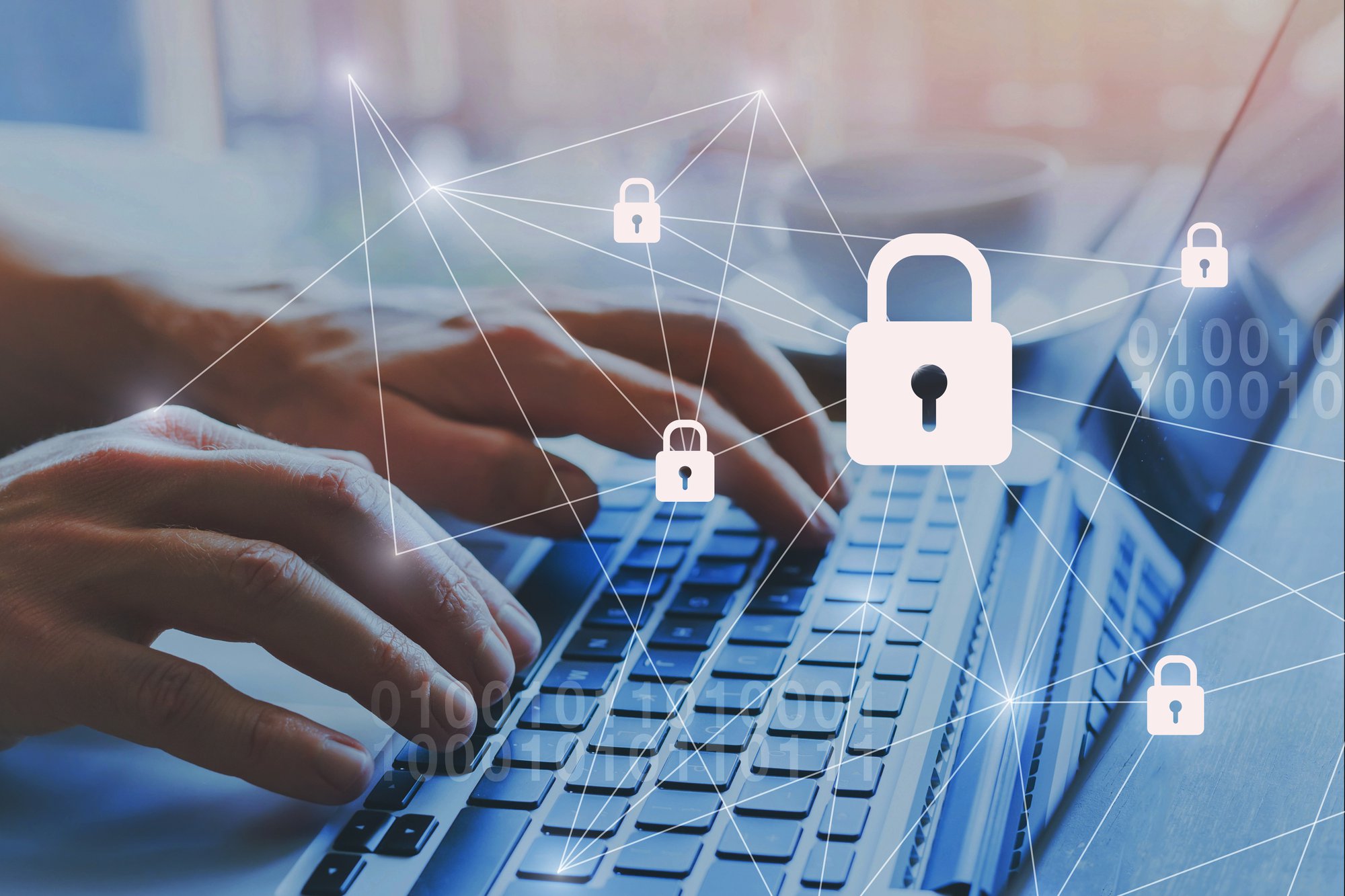We live in a data-driven world where every organization utilizes data in almost all facets of business. From daily operations and customer satisfaction to process improvement and competitive advantage, data helps organizations survive in hypercompetitive environments. This is why data security best practices are key, as data breaches can destroy organizations and cost thousands of dollars to fix.
Any organization is a target, no matter the size or industry. That is why you need to make sure that your organization does not fall victim to cyberattacks. Here are some data security best practices you can follow to protect yourself from information security issues.
Secure Your Database
Your database is a collection of your organization's data stored on a computer, server, or the cloud. If you store customer credit card information, for example, that is where it will reside for you to access, making it a jackpot for hackers. Here are steps you can take to ensure that your database is safe:
Perform a database assessment
An assessment will allow you to ascertain the health of the database and compare it to established data protection policies. Through an assessment, you can identify weak points that cybercriminals can exploit to gain access. This could be a poorly secured user account or a long-forgotten database. Once identified, weak points can be fixed and policies set in place for the continuous assessment and improvement of the database.
Establish compliance protocols
Instead of being reactive to security threats or information security issues, your organization should be proactive by establishing compliance protocols. This will ensure that the conduct of anyone accessing the database doesn’t put it at risk. Just make sure the protocols are updated every time you fix a breach or implement a security patch to get everyone on the same page.
Check for accounts with excessive privileges
It is not uncommon to find accounts with excessive user access rights to sensitive data in a database. This makes it easy for the account owner to view and manipulate data they are not supposed to and hide the evidence. These accounts should be identified and investigated to uncover how they got those excessive privileges in the first place. Then, policies and procedures should be established that give user accounts the necessary privileges and nothing more.
Perform a penetration test
With a penetration test, you can find out if the security protocols you put in place are working to keep out cyber criminals. Successful attacks can reveal security vulnerabilities or instances of non-compliance with established protocols. This should be done regularly, especially after fixes have been implemented to measure their effectiveness.
Monitor the database in real-time
Since security breaches are a constant threat, the database needs to be monitored continuously to ensure any emerging threats are dealt with promptly. However, measuring everything would be impractical. Rather, you should keep an eye on the critical components in your database system, including:
- Accounts with a lot of access rights
- Protocol violations
- Critical database and database objects
- Unauthorized access to sensitive data
Encourage Employees to Preserve Data Integrity
Employees are one of the biggest vulnerabilities in any organization’s security system. That’s why they need to understand that they cannot always rely on the IT department to keep them safe. It is everyone’s job to preserve the organization’s data integrity.

There are ways you can encourage employees to be data compliant. They should:
- Install an antivirus/anti-malware program: These programs work in the background to protect users from viruses, malware, spyware, Trojans, and other malicious software that hackers use.
- Update the operating system: Keeping the operating system up-to-date ensures that it has all the latest security upgrades and patches. Employees should have automatic updates turned on on their workstations and should always use the latest browser versions when accessing the internet.
- Recognize phishing attacks: Phishing happens when hackers disguise themselves as credible institutions so they can trick individuals into willingly divulging private information. For example, a hacker can call an employee pretending to be your IT department to gain their organizational login credentials. Employees should be taught how to recognize a phishing attack and report it so their peers aren’t tricked.
- Do not click on unknown links: When browsing online, employees should not click on links from unrecognized sources. Clicking on them can unknowingly install anything from a virus to a spy kit.
- Use a password manager: A password manager will help employees create and maintain strong passwords. It will also keep them on their toes by reminding them to change their passwords regularly.
- Regularly back up data: This will help your workers in the event their computer has been compromised and they need to format and reinstall everything.
- Never leave devices unattended: If they need to leave the device unattended, whether it is a computer or smartphone, they should make sure it is switched off and password protected. Furthermore, if they have a flash drive with sensitive data, it should be encrypted.
Properly Dispose of Old Machines
Technology gets updated and needs to be replaced with newer models for better performance. But how you get rid of your outdated technology matters because if the machines get in the wrong hands, they could be used against you.
Before getting rid of an old machine, make sure you back up all the important data – you can always transfer it to the new device later – then do a factory reset to wipe it clean. But before you format it, make sure any subscriptions attached to the device are canceled. You can always reactivate them on the new machine.
So how do you get rid of them properly? If the devices are still usable, even if they’re outdated, you can sell them to contribute towards the costs of the new machines. Alternatively, you can donate them to people in need such as local charities, schools, or youth centers. If they can’t be sold or donated, call your local junk removers to dispose of them in an eco-friendly way.
Need More Information?
Looking to make your organization compliant with the latest and best data security practices? Do you have information security issues?
Contact Scale Technology today on (501) 222-8969 or drop us an email to speak to one of our data protection experts to discuss managed IT services in Little Rock. We are more than happy to help protect your sensitive data to ensure the survival, growth, and competitiveness of your organization in the data-driven world.




